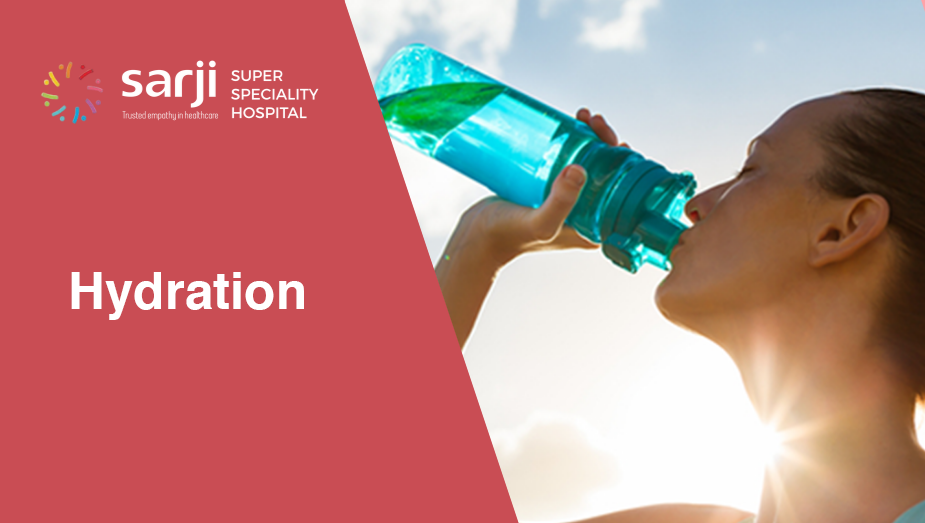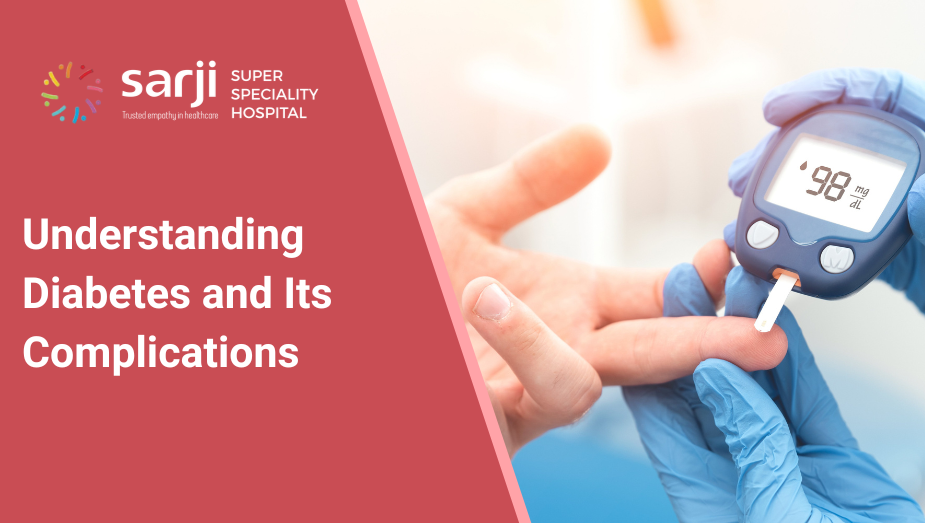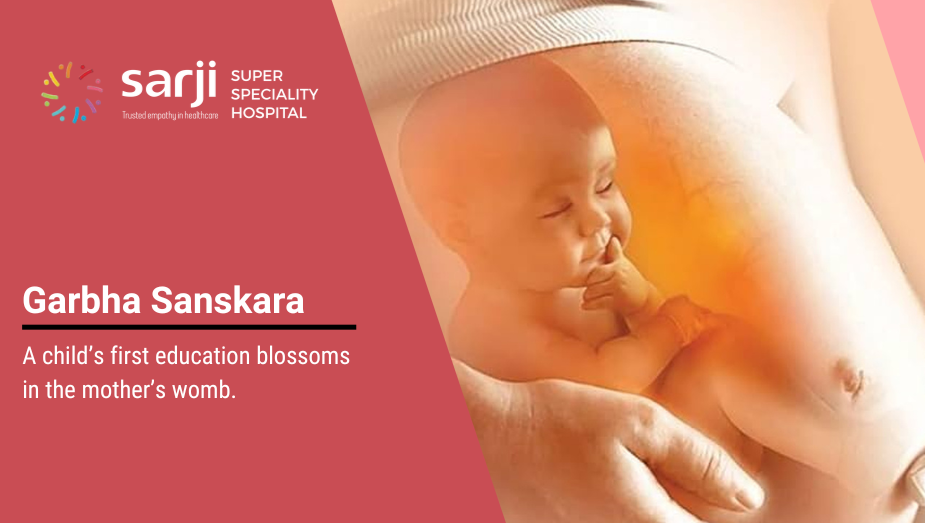
Introduction
Water is the essence of life, playing a crucial role in every physiological function of the body. In the field of nutrition and dietetics, hydration is an integral component that influences metabolism, digestion, and overall health. Despite its significance, many people overlook their daily water intake, leading to dehydration and potential health concerns. This blog explores the importance of hydration, its role in nutrition and practical ways to maintain optimal fluid balance.
Why is Hydration Important?
Water makes up approximately 60% of the human body, and even a slight imbalance can impact bodily functions. Proper hydration is essential for:
- Regulating body temperature.
- Aiding digestion and nutrient absorption.
- Flushing out toxins through urine and sweat.
- Maintaining joint lubrication.
- Ensuring optimal brain function.
Hydration and Nutritional Status
From a dietetics perspective, hydration affects several aspects of nutrition:
1. Digestion and Nutrient Absorption: Water plays a key role in breaking down food and transporting nutrients to cells. Dehydration can lead to constipation and inefficient nutrient absorption, affecting overall health.
2. Electrolyte Balance: Electrolytes such as sodium, potassium, and magnesium are vital for nerve function and muscle contraction. Hydration helps maintain this balance, preventing muscle cramps and fatigue.
3. Weight Management: Drinking water before meals promotes satiety and prevents overeating. Sometimes, thirst is mistaken for hunger, leading to unnecessary calorie consumption.
4. Detoxification and Kidney Health: Adequate hydration supports kidney function by flushing out toxins. Low water intake increases the risk of kidney stones and urinary tract infections (UTIs).
Best Sources of Hydration
While plain water is the best source, hydration can also come from:
- Fruits & Vegetables (Watermelon, cucumber, oranges, tomatoes)
- Herbal Teas (Green tea)
- Milk & Buttermilk
- Soups & Broths
- Tender Coconut Water (Rich in electrolytes)
Signs of Dehydration
It's essential to recognize dehydration early to prevent complications. Common signs include:
- Dark yellow urine.
- Dry mouth and skin.
- Dizziness and headaches.
- Fatigue and confusion.
- Muscle cramps.
Practical Tips for Staying Hydrated
1. Carry a water bottle and sip throughout the day.
2. Consume water-rich foods in meals and snacks.
3. Set reminders or use apps to track water intake.
4. Adjust hydration levels based on activity and weather conditions.
Conclusion
Hydration is not just about quenching thirst—it is a vital part of nutrition and dietetics. Ensuring adequate water intake supports digestion, metabolism, and overall health. By making conscious hydration choices, we can enhance well-being and prevent long-term health issues.






